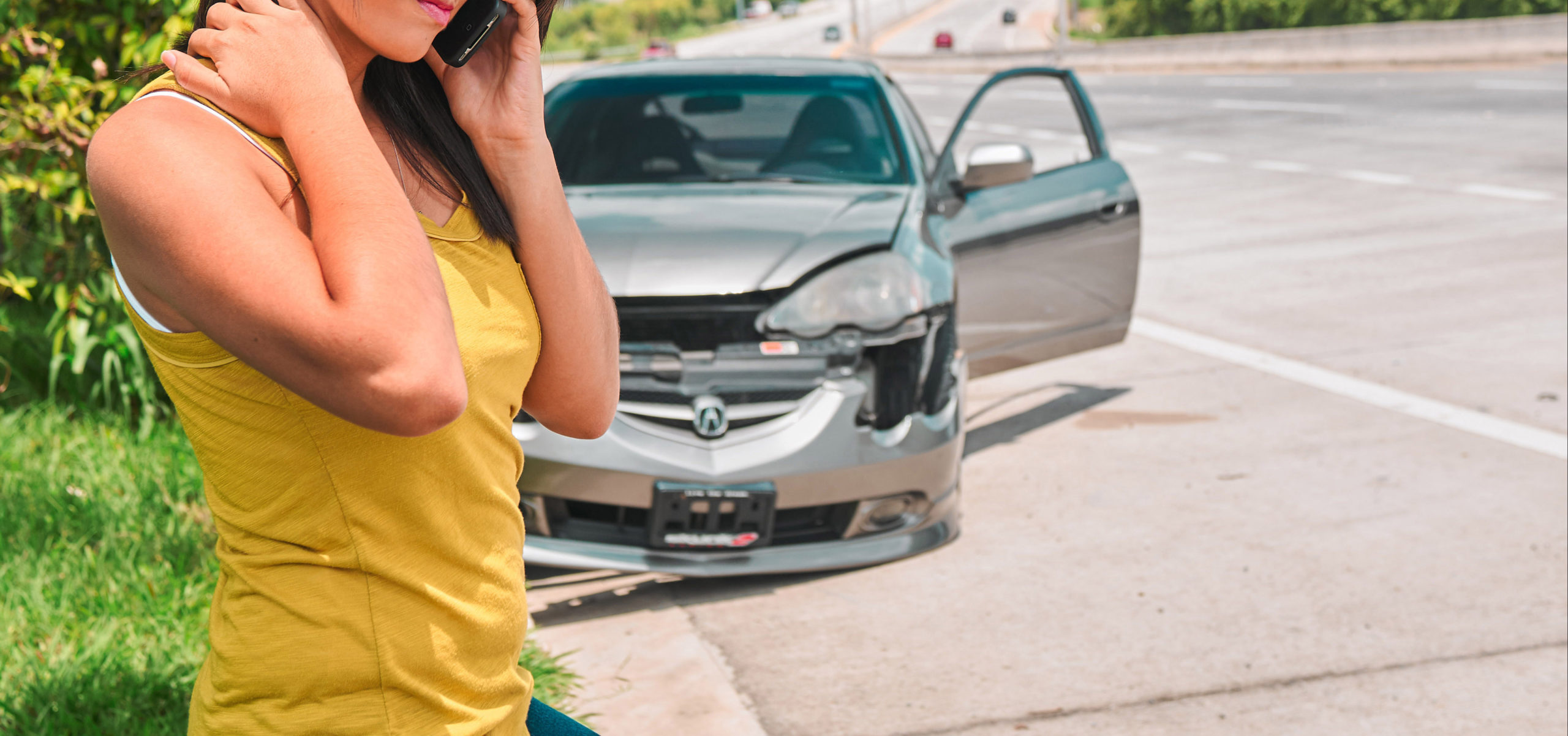By Danny Feldman
Nobody plans on being involved in a car wreck—but, wrecks happen all the time. And, there definitely are some “dos” and don’ts” to be aware of if you ever are in a car wreck.
First, this article assumes that you are conscious and able to function post wreck. Obviously, that may not always be the case.
Do’s:
Make sure that you are seemingly OK. If you are not, then you need to tend to yourself first. Same as regards, your passengers as well as those in the other involved vehicle(s). In other words, if you need medical care, then get it.
If you are in an exposed position in the roadway (and especially at night), do your best to make yourself and your car visible and if necessary, get away from the immediate vicinity of your vehicle.
The last thing that you, or any other persons involved in the wreck needs is to be hit after the initial wreck.
Identify any eyewitnesses and obtain their contact information (name, phone number, email address, work or home address etc.). It really is remarkable how many times I represent people who tell me that “Mr. X” saw the wreck and he knows that it wasn’t my fault etc. and when I ask who Mr. X is, my client does not know. Do not assume that the police will identify witnesses and place them on the report—sometimes they do, but often they don’t.
Take pictures of the damaged vehicles and where they are on the road. Make sure that one of the pictures includes the other vehicle’s tag.
When the investigating officer asks you what happened, tell him truthfully and clearly what occurred.
Consult with and hire an experienced and competent attorney to represent your interests. There are a number of things that a competent attorney will do to protect your interests post wreck—let him or she get started on it right away.
Don’ts:
Don’t get mad and start screaming and yelling at the other driver threatening to sue them—rather, ask if they are OK. And, if they should apologize for causing the wreck, note that.
Don’t decline medical treatment if you need it. People often are excited and their adrenaline spikes right after the wreck. So, you may not even know that you need treatment until a couple of
hours later. But, if you are in pain, then, by all means, go get checked out. First, you may well be injured worse than you think. And, second, defense lawyers are very quick to point out that a claimant did not leave the scene and head to a hospital— the implication being that they only became “injured” after hiring a lawyer.
Don’t admit fault—especially if you aren’t sure. Obviously, if you ran a red light and the officer asks you what happened, then you need to tell him the truth—you ran the red light. But, if you are not certain about what happened or if you don’t know whether you did or did not have the right of way, then don’t let someone bully you into admitting fault.
And, this is one of the most important—do NOT give a recorded statement to the other side’s insurance carrier unless you have retained an attorney and that attorney is with you. This is particularly true in states like Alabama where contributory negligence is a bar to recovery. The adjuster often will call within hours or days of a wreck and tell you that they are “investigating” your claim/the wreck and that they need your statement to complete their investigation. They often will act very empathetic. However, a car wreck is one of the few incidents that is immediately investigated by an independent 3rd party—the police. And, the other side can also speak to its insured. The reason that they really want your recorded statement is to minimize or defeat your claim. For example, someone else runs a red light and hits you. You give a statement and say that you were going with the “flow of traffic” which you say was about 30 mph. But, the speed limit was 25 mph. Now, you have a contributory negligence issue on your hands when, in fact, you said 30 mph not because you thought you were going 30, but rather because you thought the speed limit on the road was 30.
Anyway, there are other things to do and not to do, but hopefully, this shortlist will help you if/when you should find yourself involved in a car wreck








Leave A Comment